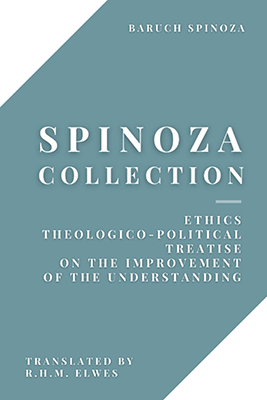Spinoza Collection
The *Spinoza Collection* typically refers to the works of Baruch Spinoza, a 17th-century Dutch philosopher known for his contributions to ethics, metaphysics, and political theory. Key texts in this collection often include:
1. Ethics: Spinoza’s magnum opus, where he presents his philosophical system in a geometric style. He discusses the nature of reality, the concept of God (or nature), human emotions, and the path to achieving true happiness through understanding.
2. Theological-Political Treatise: This work explores the relationship between religion and politics. Spinoza argues for the separation of philosophy and theology and advocates for democratic governance, emphasizing the importance of freedom of thought.
3. Political Treatise: In this text, Spinoza delves deeper into political philosophy, discussing the nature of state power, the role of individuals in governance, and the conditions necessary for a stable society.
4. Letters: A collection of Spinoza’s correspondence with various contemporaries, offering insights into his thoughts and the development of his ideas.
Overall, the *Spinoza Collection* presents a cohesive vision of a rational universe governed by laws of nature, emphasizing reason, ethics, and the pursuit of knowledge as means to achieve personal and social well-being. Spinoza’s work laid the groundwork for modern secular thought and influenced later philosophers, particularly in the realms of ethics and political theory.

